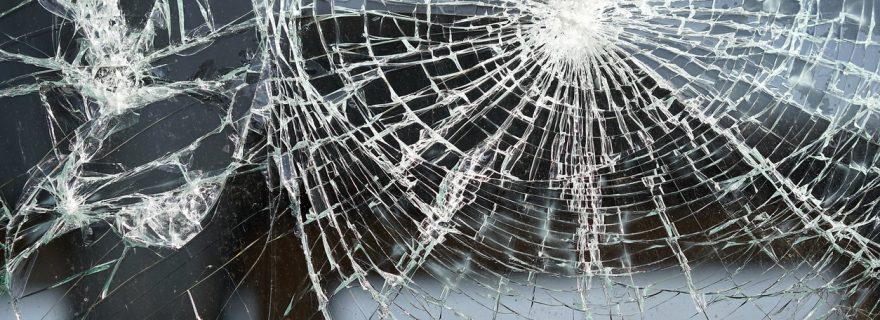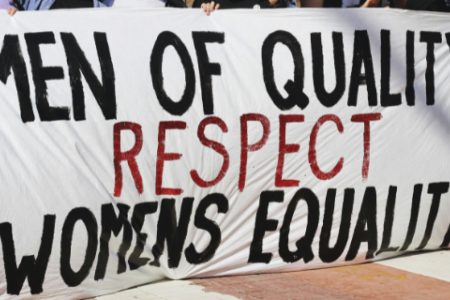About rioters, mayors, judges, politicians, and our human brain
The introduction of the corona curfew on January 23, 2021 resulted in riots and chaos in a number of Dutch cities: shops were looted; people threw stones at the police; streets looked like war zones.
Harsh sentences
After the riots, mayors and politicians called the rioters ‘scum’ and demanded tough jail sentences to teach this ‘riffraff’ a lesson. In the aftermath, the Dutch House of Representatives passed a law to ensure that judges could not sentence these offenders to community service, but could only give prison sentences. This law was passed despite opposition from many legal institutions such as the Council for the Judiciary, which state that this law was not needed.
Biases
The response of wishing to punish the rioters is a human one, but the reactions of the mayors and politicians show two biases in human thinking that might cause them to overreact in their punishment: the actor-observer bias, and the tendency for powerful people to punish more severely.
The actor-observer bias is the tendency for people to attribute their own behavior to their environment, but to attribute other people’s behavior to personality. If I am late for a meeting, I know the circumstances that led to me being late (the coffee machine broke down, my alarm did not go off, the dog puked on my laptop….) so I can blame those circumstances for my being late. If other people show up late at the same meeting, I probably know less about their circumstances, so I assume they are lazy, have poor time management abilities, or do not consider the meeting important.
So when we observe people doing bad things (such as looting or rioting), we are likely to attribute their actions to personality. And since we do not like what they are doing, we may think they need to be taught a lesson about proper behavior, for example by very severe sentences. The people involved in the riots (the actors) probably have a different view; they know whether or not they were there accidentally, and what they actually did or didn’t do. In short, they have more information about the circumstances that led to their behavior.
The second bias is the tendency for powerful people to punish more severely to deter the wrongdoers from committing future violations. Punishments can be motivated by deterrence motives —the desire to make sure that the offender will never do it again— or by just-desert motives —the desire to give the offender a punishment that is proportionate to the offense. Powerful people (read: politicians and mayors) are generally more focused on the deterrence motive, whereas less powerful people are generally more focused on the just-desert motive.
Overreaction
The combination of the actor-observer bias (“rioters are bad people”) and the deterrence motive for punishment (“we need to teach them a lesson, so they, and others, will never do it again”) may make politicians overreact in their judgments about rioting civilians. Judges, on the other hand, have an approach that reduces these biases; they take into account the (societal) damage that has been done, whether law enforcers or healthcare workers were attacked and how, but also examine the circumstances of the offender. In this way, they take the perspective of both the actor and the observer, and they also weigh the pros and cons of each punishment in the light of deterrence and just-desert.
So let us be aware of our human shortcomings and leave the judgments about people running amok to those who have actually been trained to judge: the judges.





